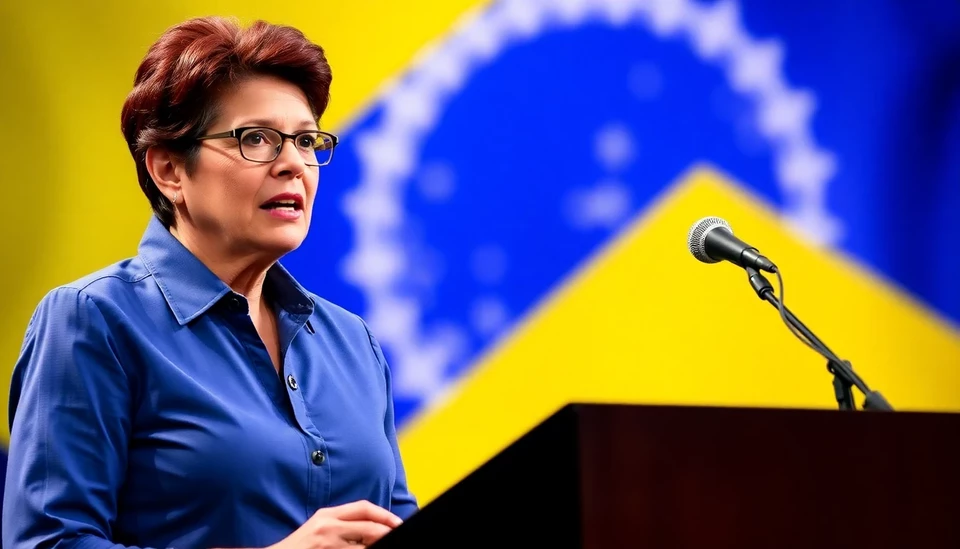
In a recent statement, Brazilian President Luiz Inácio Lula da Silva pointed to the nation’s persistently high interest rates as the primary culprit behind the country's economic difficulties. Speaking in an interview, Lula suggested that the current challenges facing Brazil could be significantly alleviated if the Central Bank were to lower its interest rates, a move he views as crucial for stimulating growth and boosting investment.
Lula's comments reflect a broader sentiment among many economists and policymakers who argue that the high cost of borrowing in Brazil has stifled economic activity. With inflation rates falling, there is growing pressure on the Central Bank to reduce rates, augmenting calls from various sectors of society including business leaders and economic advocates who are seeking more favorable lending conditions.
The president's remarks come at a time when Brazil is grappling with sluggish growth rates and rising unemployment. Lula’s administration is eager to foster an environment conducive to economic development, and he contends that lowering interest rates is a vital first step. However, this stance diverges from the Central Bank's current monetary policy, which prioritizes controlling inflation—a legacy of past economic crises that still looms large in the collective consciousness of the nation.
Despite numerous efforts to stabilize the economy, including various social programs and infrastructure investments, many Brazilians continue to feel the pinch of high interest rates. Lula's supporters view his presidency as a beacon of hope amidst ongoing economic turbulence, believing that a shift in interest rate policy could unlock Brazil's potential for growth and improvement.
In light of these challenges, Lula also addressed the importance of fostering international partnerships and attracting foreign investment, indicating that building a sustainable economy requires more than just domestic reforms. He stressed the need for Brazil to position itself as an attractive destination for investors, which he argues would be facilitated by lower interest rates.
Lula's passionate emphasis on the urgency of rate adjustments underscores a pivotal moment for Brazil's economic strategy. As the nation looks toward 2024, the prospect of rate cuts raises critical questions about the Central Bank's independence and its approach to balancing growth with inflation control. With ongoing debates about the best way forward, Lula’s administration finds itself at a crossroads that could reshape Brazil's economic landscape for years to come.
As these discussions continue, the Brazilian public and international observers alike will be keenly watching how the government navigates its economic policies amid significant pressure for reform. The outcome of these deliberations may very well determine the trajectory of Brazil's recovery in the post-pandemic era.
With the political landscape evolving, Lula's push against high-interest rates illustrates his commitment to reorienting Brazil's economic climate, favoring growth-oriented policies over stringent monetary controls.
As Brazil prepares for the upcoming year, the focus is increasingly shifting to how effectively the government can translate these discussions into tangible economic policies that will benefit the populace and restore confidence among investors.
#Brazil #Lula #Economy #InterestRates #CentralBank #Investment #Growth #Inflation #EconomicPolicy #FinancialReform
Author: Laura Mitchell




